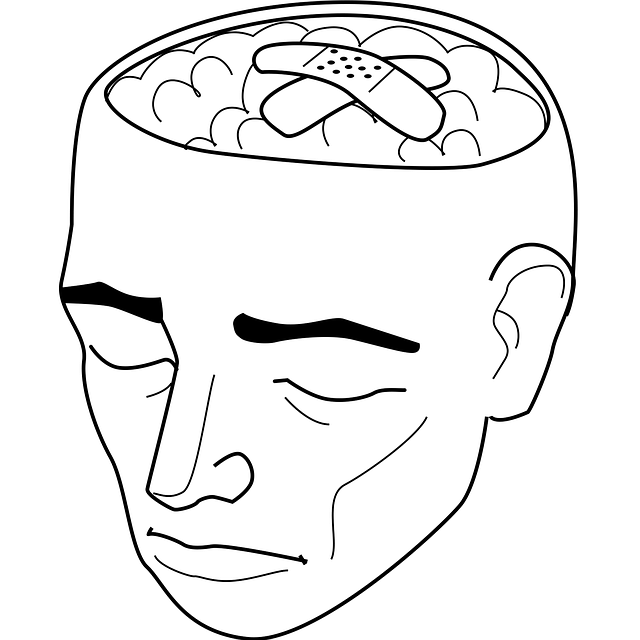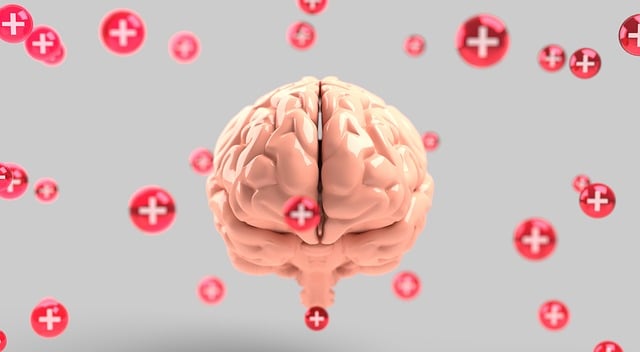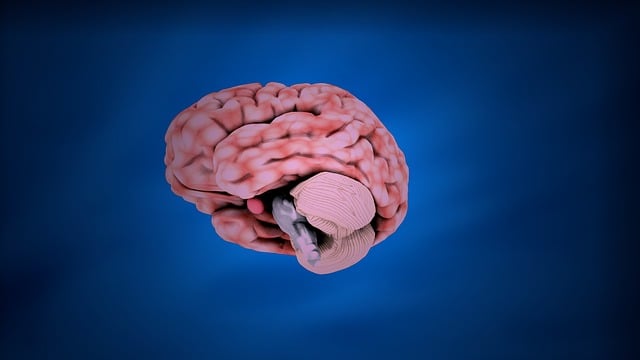Depression in individuals with Boulder Autism Spectrum Disorder (BASD) requires specialized approaches due to their unique social and sensory needs. Boulder ASD Therapy focuses on recognizing non-typical mood expressions, addressing isolation, sensory overload, and emotional regulation issues through personalized therapy. Early intervention using tailored therapies like cognitive-behavioral therapy (CBT), combined with mindfulness practices and healthcare provider training, is key to prevention. Effective strategies include CBT, alternative mind-body methods, healthy lifestyle changes, cognitive reframing, and community support, all tailored to enhance resilience and improve mental well-being for individuals with BASD.
Depression prevention strategies are crucial for individuals with Autism Spectrum Disorder (ASD), who may face unique challenges. This comprehensive guide explores various approaches to combat depression, focusing on early intervention, therapeutic options like Cognitive-Behavioral Therapy (CBT), lifestyle modifications, and building resilience. For those in Boulder seeking autism spectrum disorder therapy, these strategies offer a roadmap to enhancing mental well-being and fostering a brighter, more resilient future.
- Understanding Depression and Its Impact on Individuals with Autism Spectrum Disorder (ASD)
- Early Intervention and Support Systems for Effective Prevention
- Therapeutic Approaches: Cognitive-Behavioral Therapy (CBT) and Beyond
- Lifestyle Modifications and Self-Care Practices for Mental Well-being
- Building Resilience and Coping Strategies for Long-term Depression Management
Understanding Depression and Its Impact on Individuals with Autism Spectrum Disorder (ASD)

Depression among individuals with Autism Spectrum Disorder (ASD) is a significant concern that requires tailored understanding and support. ASD, characterized by unique social interactions, communication patterns, and sensory sensitivities, can make recognizing and addressing depressive symptoms more complex. What might be evident in neurotypical individuals, such as changes in mood or energy levels, may manifest differently in those on the spectrum. For instance, a person with ASD might experience difficulty expressing feelings of sadness or hopelessness verbally, opting instead for physical withdrawal or unusual behaviors.
Understanding the nuances of depression in Boulder Autism Spectrum Disorder Therapy involves recognizing that individuals with ASD may face unique challenges, including social isolation, sensory overload, and difficulties with emotional regulation. Self-esteem improvement and compassion cultivation practices can play a vital role in healing processes. Through personalized therapy approaches, professionals can help individuals with ASD develop coping strategies to manage symptoms, enhance their sense of belonging, and foster a deeper connection with themselves and others.
Early Intervention and Support Systems for Effective Prevention

Early intervention is a cornerstone of depression prevention, especially when addressing conditions like Boulder Autism Spectrum Disorder (BASD). Identifying potential depressive symptoms at an early stage can significantly alter the trajectory for individuals with BASD. Therapies tailored to their unique needs, such as cognitive-behavioral therapy (CBT), can be highly effective. These interventions not only help manage existing symptoms but also equip individuals with coping mechanisms to prevent future relapses.
Support systems play a pivotal role in depression prevention strategies. For individuals with BASD, this might involve building a network of understanding family members, friends, and specialized healthcare providers. Incorporating practices like mindfulness meditation into daily routines can foster resilience and emotional well-being. Additionally, Healthcare Provider Cultural Competency Training is essential to ensure professionals are equipped to recognize and address depression in diverse populations, including those with BASD, effectively.
Therapeutic Approaches: Cognitive-Behavioral Therapy (CBT) and Beyond

Cognitive-Behavioral Therapy (CBT) is a well-established therapeutic approach that focuses on identifying and changing negative thought patterns and behaviors associated with depression. This evidence-based method has proven effective for individuals across various demographics, including those navigating Boulder Autism Spectrum Disorder Therapy. CBT empowers clients to challenge distorted thinking and develop healthier coping strategies, fostering improved emotional regulation—a key component in burnout prevention.
Beyond CBT, alternative therapeutic methods emphasize the mind-body connection and holistic healing. Techniques such as mindfulness meditation, yoga, and expressive arts therapy can help individuals cultivate resilience, enhance self-awareness, and promote overall well-being. Integrating these practices alongside traditional CBT allows for a multifaceted approach to depression prevention, catering to diverse needs and interests, including those who may benefit from non-conventional mind over matter principles tailored to their unique experiences.
Lifestyle Modifications and Self-Care Practices for Mental Well-being

Adopting lifestyle modifications and self-care practices can significantly enhance mental wellness, even for individuals navigating conditions like Boulder Autism Spectrum Disorder (ASD). Regular physical activity, a balanced diet, and adequate sleep form the foundation of mental well-being. Incorporating these habits can reduce symptoms of depression and anxiety, fostering a sense of calm and resilience. Mind over matter principles can be powerful tools; cognitive reframing techniques teach individuals to challenge negative thought patterns, promoting a more positive outlook.
In addition, engaging in activities that bring joy, practicing mindfulness, and connecting with supportive communities contribute to a robust strategy for depression prevention. These self-care practices empower individuals to take charge of their mental health, fostering a sense of agency and overall well-being. By prioritizing these aspects, one can effectively manage stress, improve mood, and enhance the quality of life.
Building Resilience and Coping Strategies for Long-term Depression Management

Building resilience is a cornerstone in managing long-term depression. Therapies tailored for individuals with Boulder Autism Spectrum Disorder (BASD) play a pivotal role in this process, offering coping strategies that cater to their unique needs and challenges. These therapies often focus on enhancing communication skills, teaching self-regulation techniques, and fostering supportive social interactions—all essential components for building emotional resilience.
Community Outreach Program Implementation can further strengthen these efforts by promoting Emotional Well-being Promotion Techniques accessible to the wider population. Stress Reduction Methods, such as mindfulness practices and cognitive behavioral therapy, are valuable tools that can be integrated into daily routines. These methods not only help manage symptoms but also empower individuals with effective coping mechanisms for navigating life’s challenges, thereby fostering long-term mental well-being.
Depression prevention among individuals with Autism Spectrum Disorder (ASD) is a multifaceted approach that combines understanding, early intervention, and various therapeutic strategies. By recognizing the unique challenges faced by those on the spectrum, such as social communication difficulties and sensory sensitivities, we can tailor support systems for more effective depression management. Cognitive-Behavioral Therapy (CBT), alongside lifestyle modifications and self-care practices, has proven beneficial in enhancing mental well-being. Fostering resilience and equipping individuals with coping strategies is key to long-term prevention, ensuring a brighter and healthier future for those navigating ASD and depression in Boulder and beyond.














